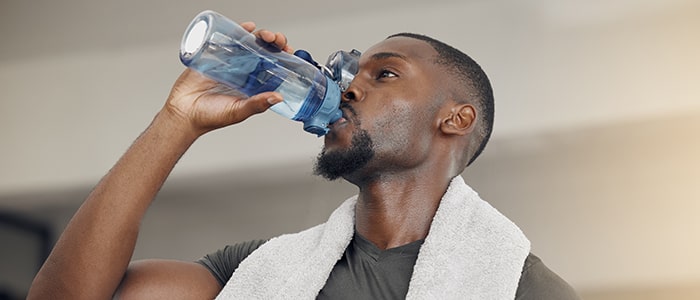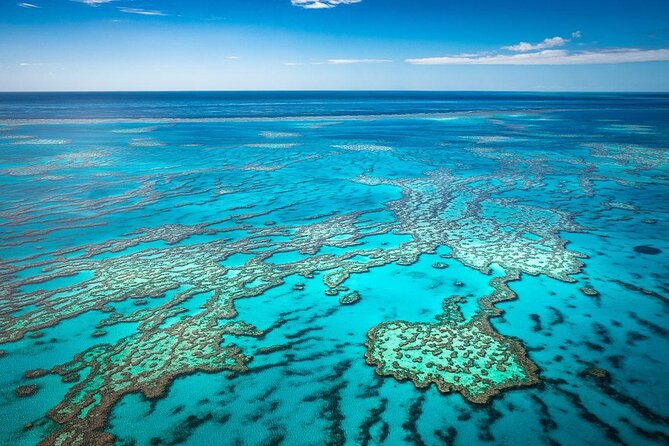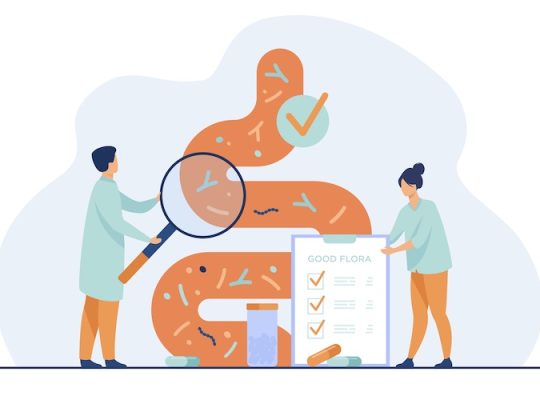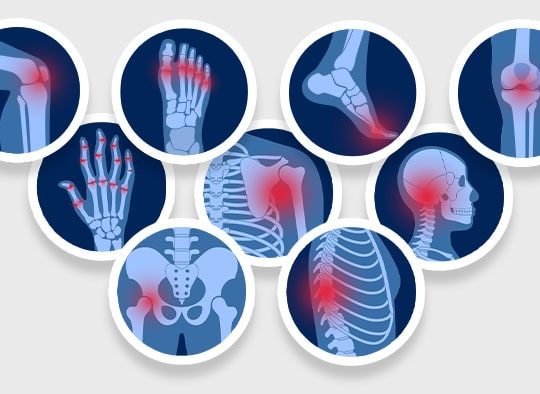Have you ever stopped to think about how vital hydration is to our overall health and well-being? It’s something we often take for granted, but staying properly hydrated plays a crucial role in maintaining our bodies’ functions. As someone who has experienced the benefits of staying hydrated first-hand, I cannot emphasize enough how important it is to make sure you’re drinking enough water every day. In this blog post, we’ll dive into the topic of hydration and explore how much water you really need.

Hydration should be a top priority for everyone, regardless of age, gender, or lifestyle. Our bodies are made up of about 60% water, which means we need to replenish that water to maintain optimal health. Water is involved in nearly every bodily function, from digestion and circulation to temperature regulation and joint lubrication. It helps transport nutrients, flush out toxins, and keep our skin glowing.
But how much water do we really need? The old axiom of drinking eight glasses of water a day is a good starting point, but it’s not a one-size-fits-all solution. The amount of water your body requires can vary based on factors such as climate, physical activity, and overall health.
When I first started paying attention to my hydration levels, I was astounded by how much of a difference it made in my daily life. I used to suffer from regular headaches, fatigue, and sluggishness. I never realized that these symptoms could be a result of not drinking enough water. Once I made a conscious effort to increase my water intake, I noticed a significant improvement in my energy levels and overall well-being. My headaches became less frequent, my skin looked healthier, and I felt more focused and alert throughout the day.
To determine your individual hydration needs, there are a few guidelines you can follow. The Institute of Medicine (IOM) recommends a daily water intake of around 3.7 liters (125 ounces) for men and 2.7 liters (91 ounces) for women. However, these numbers include both water from beverages and food sources. Roughly 20% of our water intake comes from food, particularly fruits and vegetables with high water content.
Another helpful indicator of hydration is the color of your urine. If it’s pale yellow or clear, then congratulations! You’re likely well-hydrated. However, if your urine is dark yellow or amber, it’s a sign that you need to drink more water. Remember, our bodies are incredibly smart and efficient at signaling our needs; we just need to pay attention.
Factors such as physical activity and climate can dramatically influence your hydration needs. When you’re active, whether through exercise or simply spending a hot day outside, your body loses water through sweat. It’s crucial to replenish those lost fluids to avoid dehydration. As a general rule of thumb, aim to drink an additional 500 milliliters (around 17 ounces) of water for every hour of exercise or physical activity.
Living in a hot or humid climate also increases your water needs, as you’re more likely to sweat and lose fluids. It’s essential to listen to your body and drink water regularly throughout the day, even if you don’t feel particularly thirsty. Thirst is not always an accurate indicator of hydration levels, so it’s best to err on the side of caution and stay consistently hydrated.
The benefits of staying properly hydrated are plentiful. Not only does it enhance physical performance and endurance, but it also improves cognitive function, mood, and overall mental well-being. Numerous studies have shown that even mild dehydration can impair brain function and lead to decreased concentration, memory, and mood swings.
As a personal testament to the importance of hydration, I can confidently say that it has had a significant impact on my quality of life. I now prioritize drinking water throughout the day, and I always carry a reusable water bottle with me to ensure I have access to hydration wherever I go. It’s become a habit that I would never want to break, as I’ve seen the positive effects firsthand.
In conclusion, hydration is not a topic to take lightly. It’s essential to pay attention to your body’s signals and make hydration a priority in your daily life. Remember, the old adage of eight glasses of water a day is a good starting point, but individual needs may vary. Stay mindful of your physical activity, climate, and overall health to determine the amount of water that works best for you. Trust me, the benefits of staying properly hydrated are worth the effort. Your body and mind will thank you.











